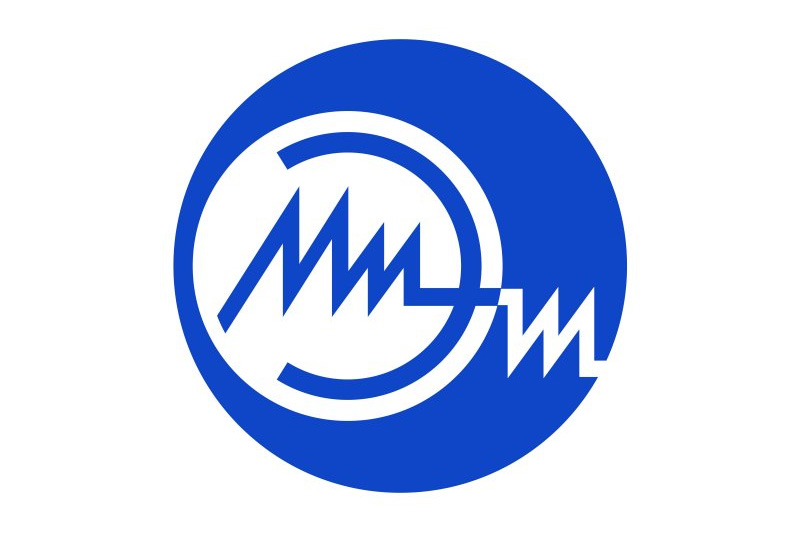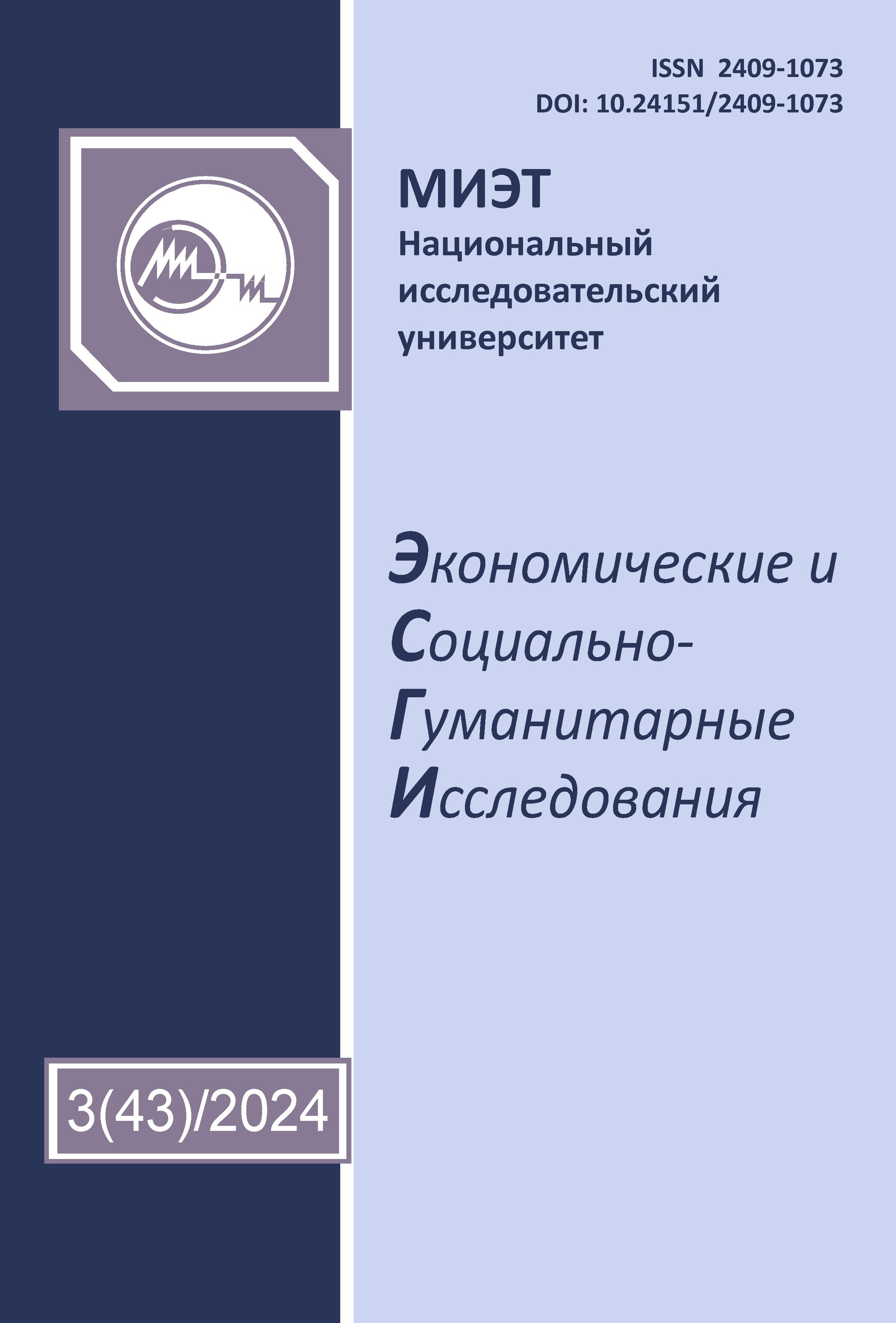The article was initiated by the post-positivist revolution that took place in the second half of the 20th century and was marked by a call to turn to the richest material in the history of science. In our time, questions about the benefits of philosophy, about how philosophy and the history of science relate do not lose their relevance. The author tries to link specific historical and scientific research with philosophical reflection in terms of clarifying the issues: what is science, when science appears, where the line separating science from non-science is and what is the driving force behind its development. The author analyzes the reasons for the emergence of a historiographical tradition counting the history of the formation of rational thinking since ancient times. The author identifies the main plot trajectories responsible for the final result — the formation of rational thinking, which formed the basis of classical science, and clarifies a point having significant epistemic meaning — the emergence of ideas about the existence of different ontological regions: the division of knowledge into φύσις — επιστήμη — τέχνη — εμπειρία.
philosophy of science, aporia, mythological worldview, logos, physis, cosmos, theory, techne, empyria, epagogue, episteme
1. Akhutin A. V. “Experimenting Thought: History of the Principles of Physical Experiment from Antiquity to the 17th Century”. Eksperiment i priroda. A. V. Akhutin. St. Petersburg: Nauka, 2012. Book 1. 39—388. (In Russian). Slovo o sushchem.
2. Bonnard André. De l’ Iliade au Parthenon. Lausanne: La Guilde du Livre, 1954. 231 p. (In French). Tome 1 de Civilisation grecque. A. Bonnard. 3 tomes. 1954—59.
3. Vasil’yeva T. V. Athenian School of Philosophy: The Philosophical Language of Plato and Aristotle. Moscow: Nauka, 1985. 161 p. (In Russian). Iz istorii mirovoy kul’tury.
4. Vernant J.-P. Les origines de la pensée grecque. 12e éd. Paris: PUF, 2013. 152 p. (In French).
5. Gaydenko P. P. The Evolution of the Concept of Science: The Becoming of the First Natural-philosophical Programmes. Ed. by S. R. Mikulinskiy; exec. ed. I. D. Rozhanskiy. Moscow: Nauka, 1980. 568 p. (In Russian). Biblioteka vsemirnoy istorii estestvoznaniya.
6. Heraclitus. “Fragments of Heraclitus”. Materialisty Drevney Gretsii: sobraniye tekstov Geraklita, Demokrita i Epikura. Ed. and introd. by M. A. Dynnik. Moscow: Gospolitizdat, 1955. 39—52. (In Russian).
7. Dovatur A. I. Politics and Policies of Aristotle. Exec. ed. V. V. Struve. Moscow: Nauka, 1965. 393 p. (In Russian).
8. Kessidi F. [Kh.] From Myth to Logos: The Becoming of Greek Philosophy. 2nd ed., rev. and suppl. St. Petersburg: Aleteyya, 2003. 360 p. (In Russian). Antichnaya b-ka. Issledovaniya.
9. Koyré A. Études d'histoire de la pensée philosophique. Paris: Librairie Armand Colin, 1961. 329 p. (In French). Cahiers des Annales 19.
10. Komarova V. Ya. Junior Natural Philosophers — Junior Eleates. Leningrad: Leningrad State Univ. Publ., 1974. 88 p. (In Russian). Iss. II of To textological analysis of ancient philosophy. V. Ya. Komarova. 2 iss. 1969—74.
11. Losev A. F. Dialectics of Myth. Comp., text prep., gen. ed. A. A. Takho-Godi, V. P. Troitskiy. Moscow: Mysl’, 2001. 558 p. (In Russian).
12. Losev A. F. Mythology of the Greeks and Romans. Comp. A. A. Takho-Godi; ed. by A. A. Takho-Godi, I. I. Makhan’kov. Moscow: Mysl’, 1996. 975 p. (In Russian).
13. Rozhanskiy I. D. Development of Natural Science in the Age of Antiquity: Early Greek Science of Nature. Ed. by S. R. Mikulinskiy. Moscow: Nauka, 1979. 485 p. (In Russian). B-ka vsemirnoy istorii estestvoznaniya.








